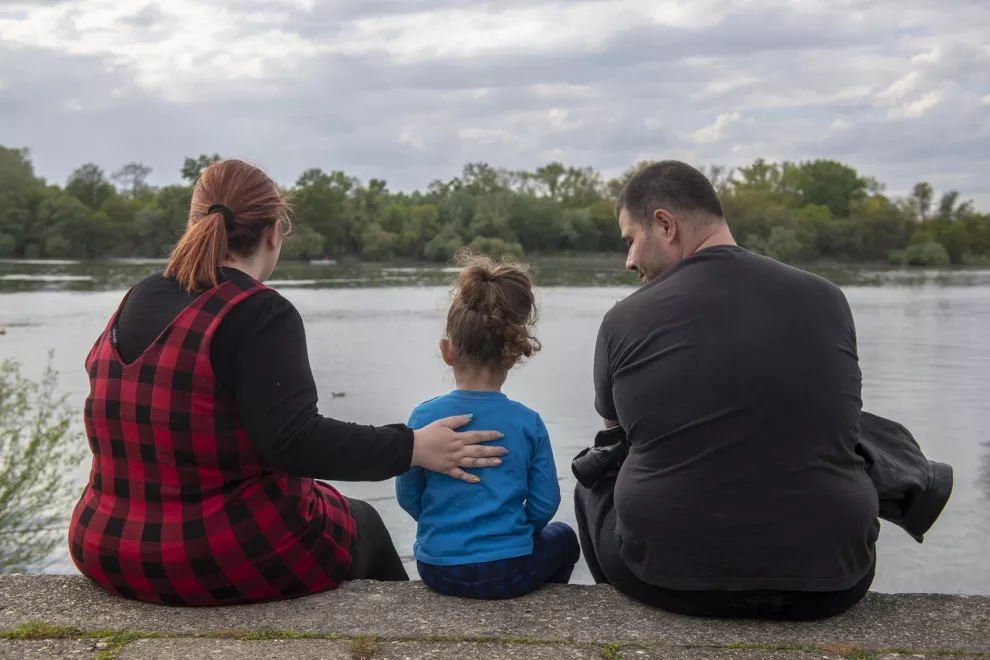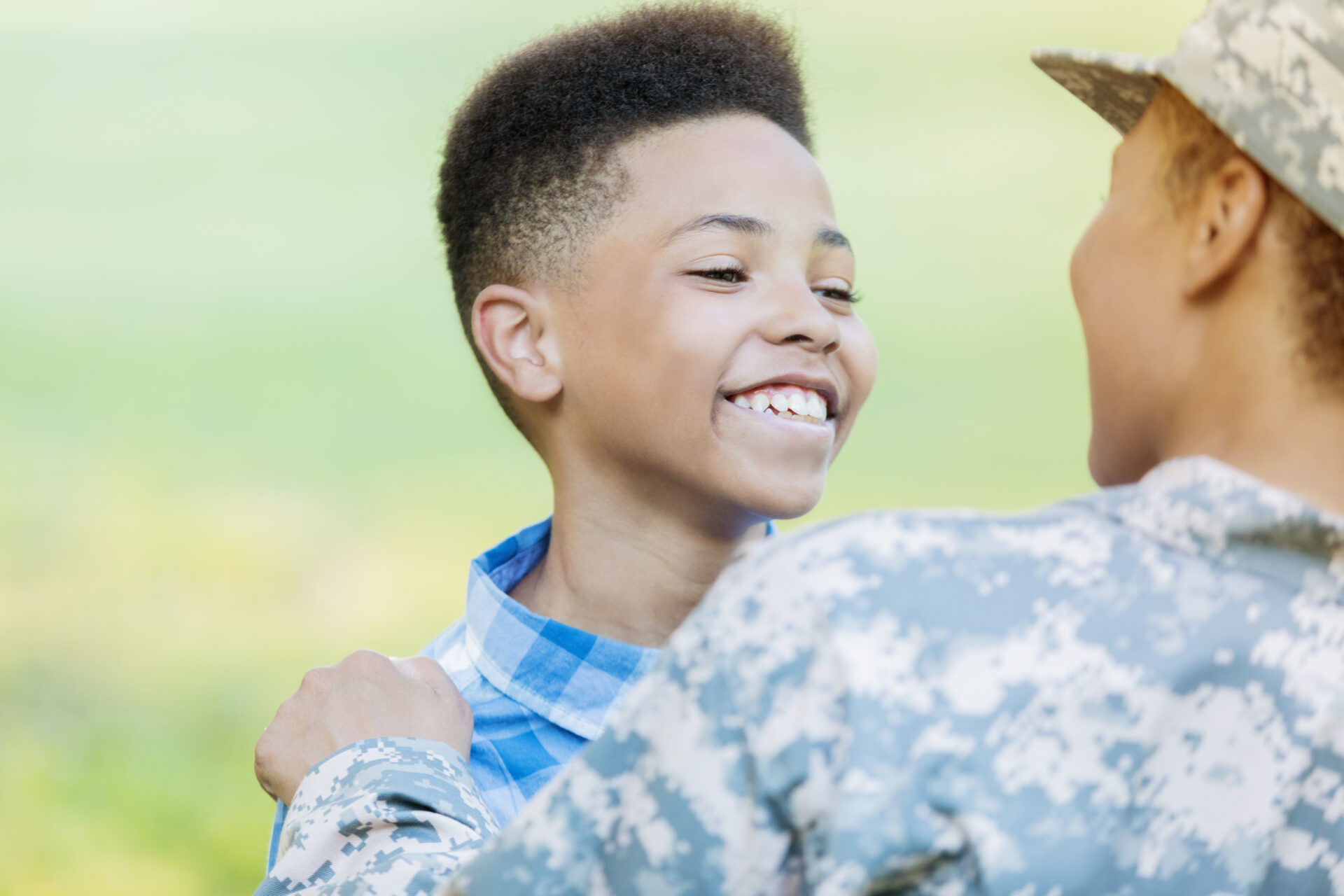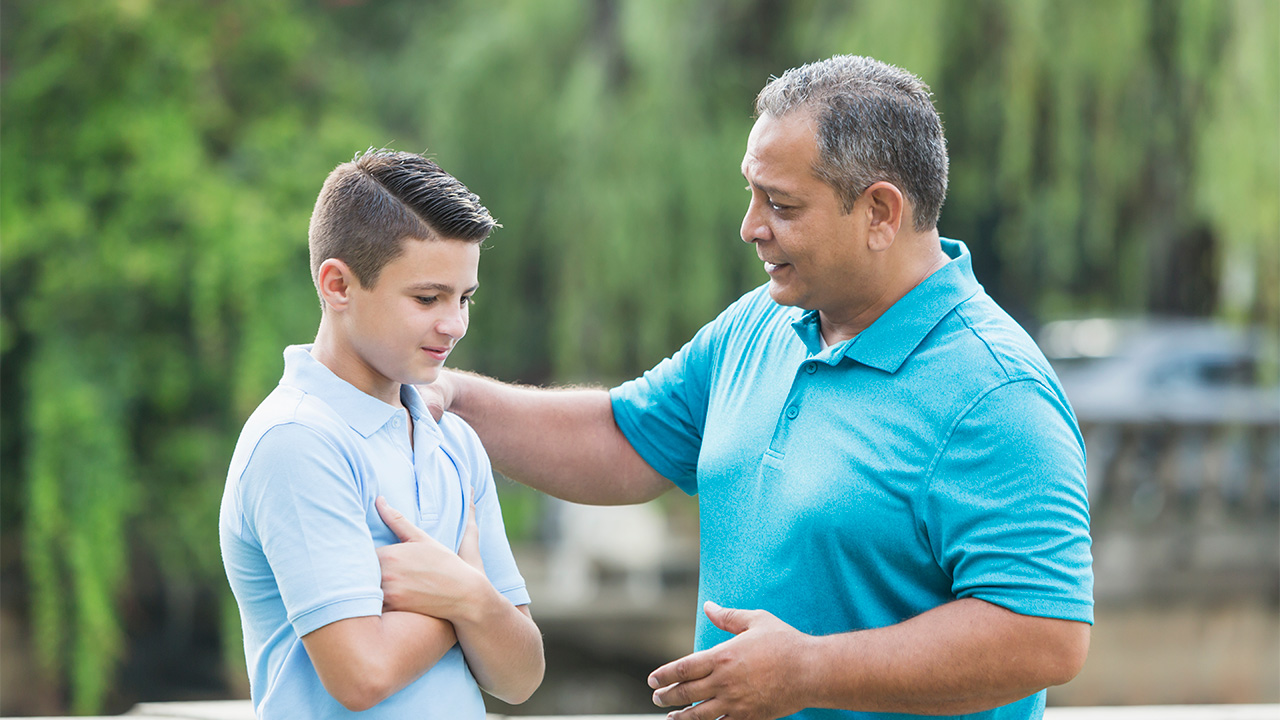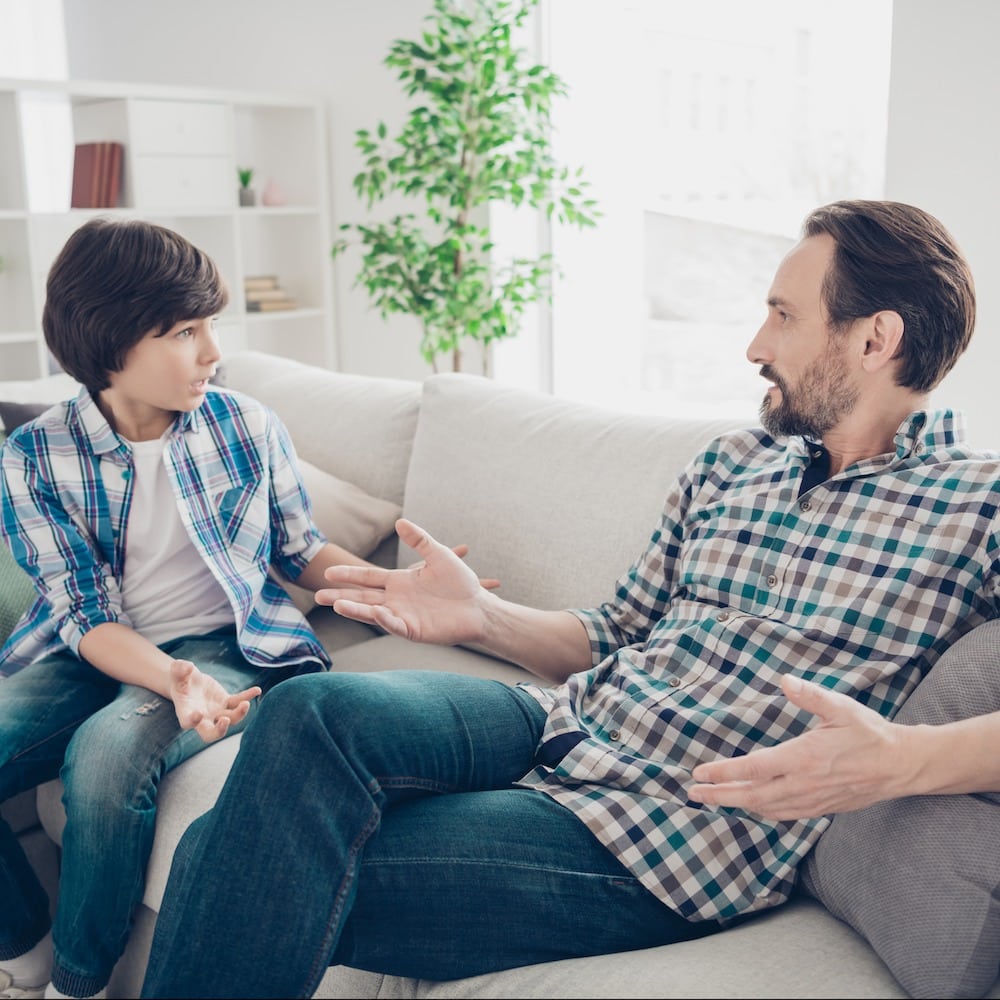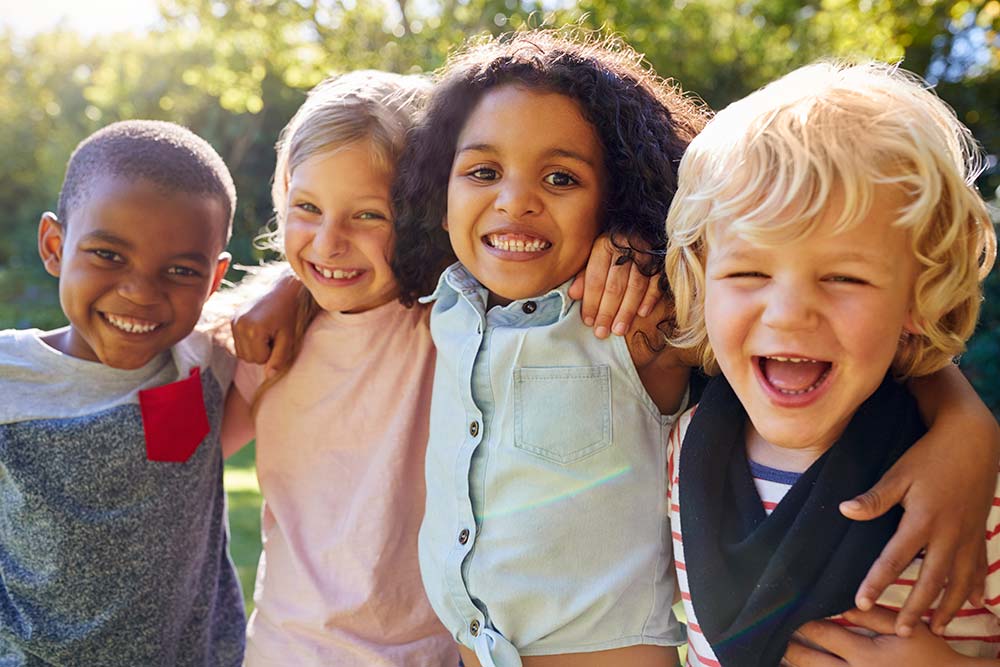3 Best Practices for Parenting After Child Loss
Embrace grief to allow healing space. Use coping mechanisms and self-care. Experience a range of emotions. Support surviving children through their grief. Encourage open communication and validate their feelings. Seek professional help if needed. Therapists can offer safe spaces and coping strategies. Remember, maneuvering this journey requires strength and self-kindness.
Key Takeaways
- Embrace grief to allow healing space and utilize coping mechanisms.
- Support surviving children by encouraging open communication and healthy outlets.
- Seek professional help through counseling and therapy for structured emotional support.
- Remember the lost child by honoring their memory and fostering family connection.
- Engage in coping strategies like journaling and therapy to navigate the journey after child loss.
Embracing Grief and Healing
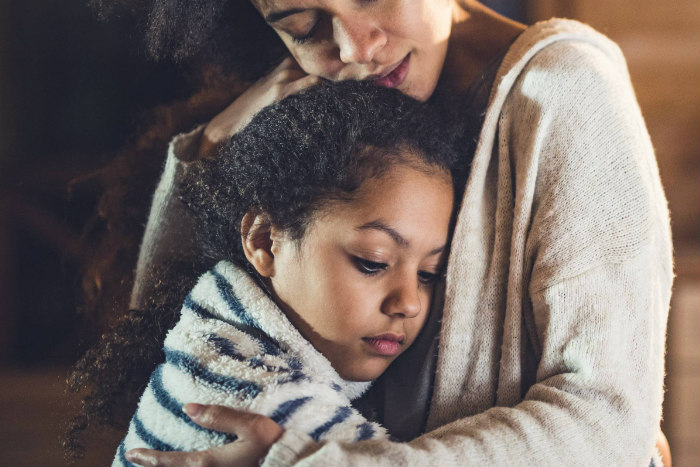
To begin the journey of parenting after child loss, it’s essential to embrace your grief and allow yourself the space to heal. Coping mechanisms and self-care practices play a vital role in traversing this challenging path. It’s okay to feel a range of emotions – sadness, anger, guilt – as you process your loss. Remember, healing isn’t a linear process; it’s normal to have good days and bad days.
Engaging in coping mechanisms like journaling, talking to a therapist, or joining a support group can provide a valuable outlet for your emotions. These practices can help you express your feelings and gain a sense of understanding and acceptance.
Additionally, taking care of yourself physically by getting enough rest, eating well, and exercising can have a positive impact on your mental well-being.
Supporting Surviving Children
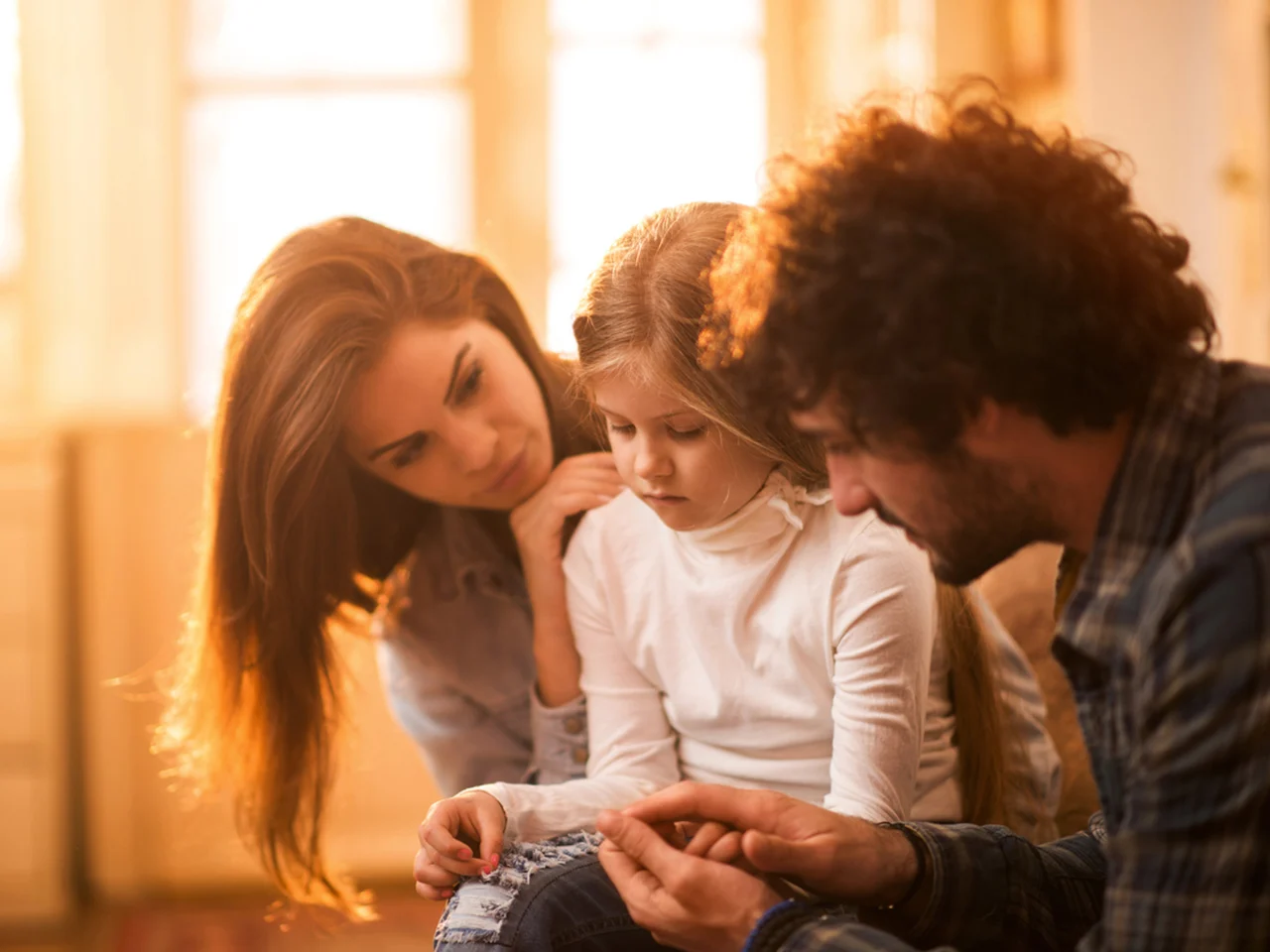
Supporting your surviving children through the grieving process is an essential aspect of parenting after child loss. Sibling relationships can be deeply affected by the loss of a brother or sister. Encourage open communication within the family to help your children express their emotions and support each other during this challenging time. Validate their feelings and reassure them that it’s okay to grieve in their own way.
Coping strategies can vary for each child, so be attentive to their individual needs. Encourage healthy outlets for their emotions, such as journaling, art, or physical activities. Create a safe space for them to share memories of their sibling and talk about their feelings. Engage in activities together that honor the memory of the lost child, fostering a sense of connection and remembrance.
Remember that your surviving children may also find comfort in seeking support from each other. Encourage them to lean on one another for strength and understanding. By fostering a supportive environment and helping your children navigate their emotions, you can guide them through the grieving process with compassion and love.
Seeking Professional Help
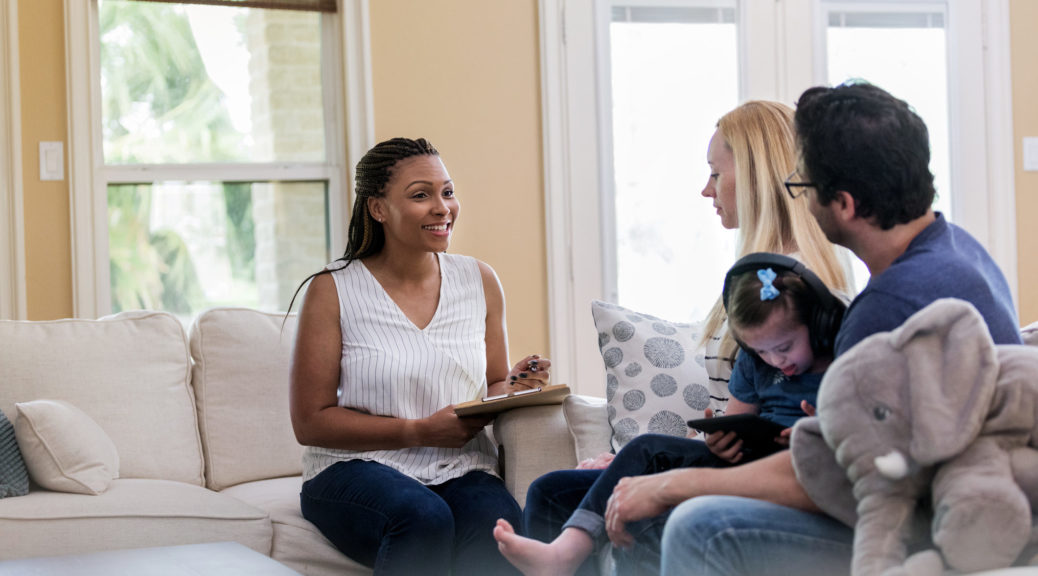
Consider reaching out to a mental health professional to provide additional support for your family during this difficult time of grieving and healing. Counseling support and therapy options can offer a safe space for you to express your emotions, process your grief, and develop coping strategies. A trained therapist can help you navigate the complexities of parenting after child loss, offering valuable guidance and tools to support both you and your surviving children.
Therapy can provide a structured environment for exploring feelings of guilt, anger, sadness, and confusion, allowing you to work through these emotions in a healthy way. A mental health professional can also assist in improving communication within your family unit, helping everyone understand and support each other through this challenging period.
Frequently Asked Questions
How Can I Navigate the Challenges of Parenting After Child Loss?
You’re facing the unimaginable. Seek therapy to process your grief and find support. Create new rituals to honor your child while remembering the past. It’s okay to lean on others during this difficult journey.
Is It Okay to Seek Solace in Hobbies or Distractions?
It’s absolutely okay to seek solace in hobbies or distractions during your grieving process. Remember, self-care is vital. Set boundaries to protect your healing journey. Allow yourself moments of respite and support along this challenging path.
Should I Involve My Child’s Memory in Family Traditions?
You should absolutely involve your child’s memory in family traditions. Doing so can create a deep bond and help in balancing healing and remembrance. It’s a beautiful way to honor and keep their spirit alive.
How Can I Cope With Triggers of Grief in Everyday Life?
When daily triggers of grief overwhelm you, remember coping strategies are essential. Seeking support can help maintain emotional balance. Allow yourself to feel and heal, honoring your journey while finding moments of peace.
Can I Find a Balance Between Honoring the Past and Moving Forward?
You can find a balance between honoring the past and moving forward. By cherishing memories while also creating new ones, you can gradually find closure and navigate through grief. It’s okay to take small steps towards healing.
Conclusion
Remember, parenting after the loss of a child is a journey filled with ups and downs. Embrace your grief, seek healing, and support your surviving children through this difficult time.
Don’t be afraid to reach out for professional help if needed. Remember, you aren’t alone in this journey.
Stay strong, be kind to yourself, and know that there’s hope for healing and growth ahead. You’ve got this.

Hey there! 👋 I’m a proud mom and passionate writer, sharing my parenting journey. 📝 Join me as I navigate the ups and downs of motherhood, offering tips, advice, and a sprinkle of humor along the way. 🌟

